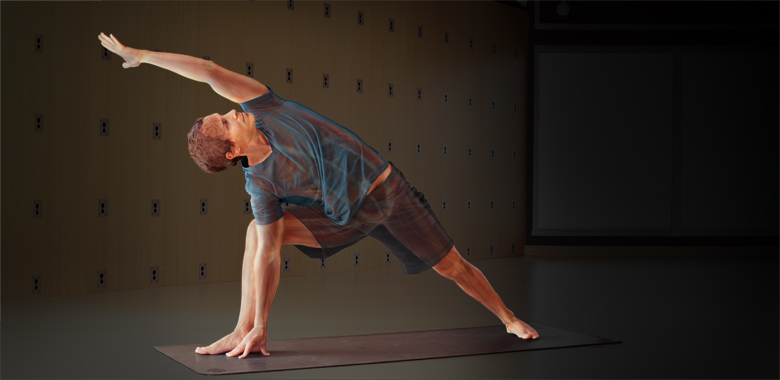We live in a society saturated by science, and every year we hear alarming reports that unless we educate more scientists, America will lose its position as number 1 in research and technology (some experts believe we’ve slid out of first place already). Yet it’s not often observed that people suffer from “science shock,” a numbness to the flood of data that assaults us almost as if it’s in the air we breathe. Haven’t you heard someone greet a new study by saying, “It doesn’t mean a thing. These studies are always contradicting each other”? The more science rules, the greater the resistance to it.
Take the link between cell phones and brain cancer. Just last week a long article in the New York Times outlined the 12-year research, heavily funded and involving thousands of subjects, that tried and failed to find such a link. The results were not quite conclusive, though, leaving a margin for doubt about as slender as a thread. If the data was crunched a certain way, it turns out that regular use of a cell phone may actually decrease the incidence of brain cancer, while very heavy use seemed to increase a specific, rare type of tumor. Yet that isn’t really the point, because for millions of laymen, the connection between cell phones and cancer has become part of common belief. The more the link is disproved, the stronger their faith.
One volume of The Lord of the Rings is titled The Two Towers, and it’s as if science lives in one tower while popular belief lives in another. The two camps are separate and aloof; they communicate only with the greatest suspicion. If you visit one tower, you will meet firmly held beliefs like the following:
Cell phones cause memory loss in older people.
Aluminum pots and pans are the cause of Alzheimer’s disease.
Autism results from childhood vaccinations.
Mega vitamins prevent all kinds of diseases, from the common cold to cancer.
Needless to say, scientists scorn such beliefs as superstition, and they feel immense frustration when, for example, juries hear abundant evidence that silicone leaks from breast implants do not cause disease, only to award millions of dollars to the women who believe that they have been harmed. (The opposite frustration arises when science detects a real danger, such as the link between smoking and lung cancer, but then has to wait decades before the rate of cigarette smoking significantly declines.) The net result, as viewed from one tower, is that the other tower is rife with ignorance, irrationality, and superstition. Yet that isn’t really the issue.
Science shock is also an expression of human nature, just as valid as reason, devoted to emotions, hope, anxiety about death, and the impulse not to face our mortality. This side of our nature runs after laetrile as a cancer cure, or coffee enemas or having your blood “cleansed” in some obscure clinic in Mexico. As much as science might want to eradicate irrationality, the fact is that a planet ruled by science would be hell on earth. The objectivity of research is a valuable enterprise, but when devoid of emotion and all forms of subjectivity, what happens? We get the rise of atomic weapons, mechanized death in wartime, biological and chemical agents, chemical carcinogens, and many other forms of diabolical creativity. I fully realize the howls of protest that such comments incite. Science wants to equate objectivity with having clean hands.
In fact, the two are very different things. No doctor wants to take personal responsibility for the side effects of drugs, iatrogenic disease (illness created by medical treatments), or the rise of super germs that are increasingly ravaging hospitals. Much less do they want to consider the enormous suffering that cancer patients go through during chemotherapy and radiation — as long as the overall mortality rate drops by one-tenth of a percent, that’s all that counts. The reason that the two towers exist isn’t that one side of us is rife with superstition. It’s that we have a healthy skepticism about science. We’ve heard too many claims for “promising” cures while watching AIDS and cancer essentially remain a mystery.
I am not science bashing here. My deepest desire is to see the two towers join together, which means arriving at a science of wholeness, an expanded science that will accept that reason is compatible with imagination, hope, morality, emotions, and every other subjective experience. Because ultimately people live for their experiences, not for science and its data. Science serves experience, and it has no right to consider that numbers are superior to feelings. It is certainly true that human nature is prone to superstition and false hope, but it is equally true that man doesn’t live by data alone. Keeping ourselves whole is all-important.


